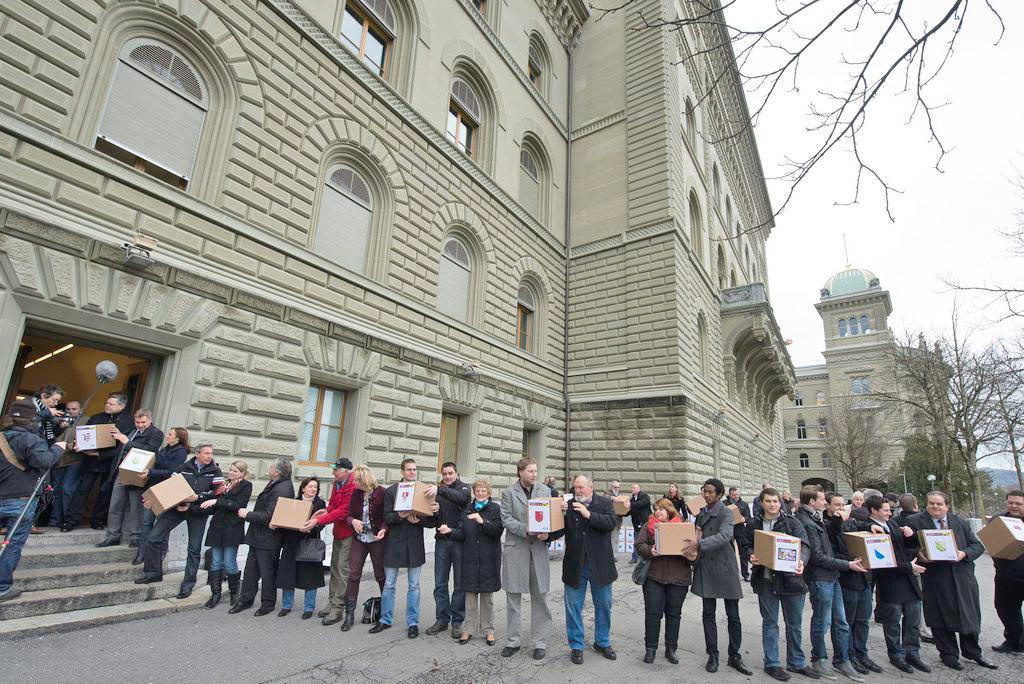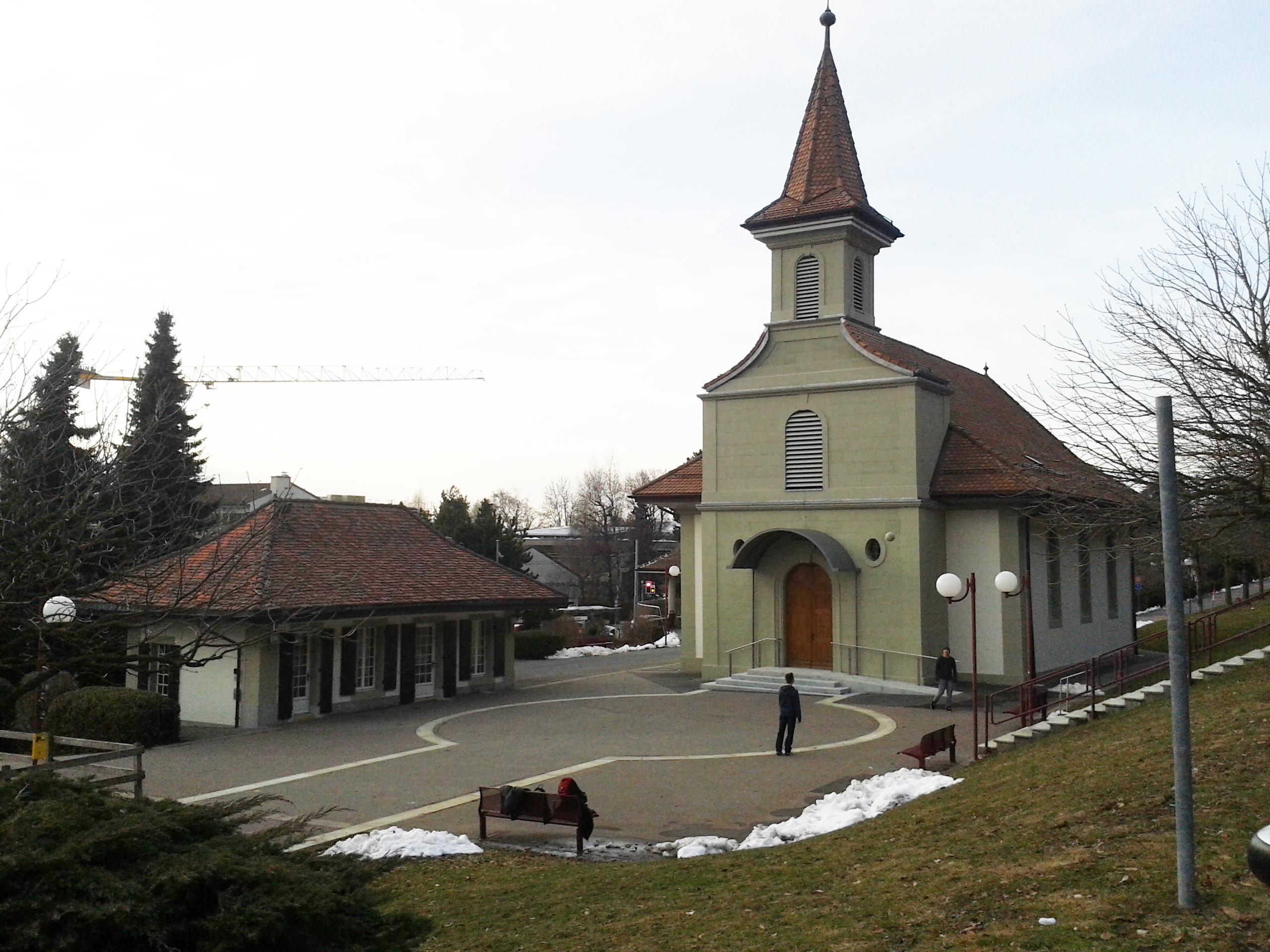New Zealand’s democratic deficit
New Zealand has always had an admiration for the Swiss political system of direct democracy, although to date there have only ever been five citizens’ initiatives in the country. Political commentator Steve Baron argues that although New Zealand is still a democratic nation at heart, too many laws are being passed without public or select committee input.
In 1893 New Zealand debated having a constitutional framework similar to Switzerland. Although never enacted, a referendum bill was introduced to parliament. However, the bill only provided for non-binding, government-controlled referendums – or in other words, plebiscites. This bill was again re-introduced in 1918, but failed. A statutory provision for constitutional referendums was provided for under the Electoral Act 1993.

This statutory provision is singularly entrenched which means that it can only be amended, or repealed, if passed by a 75% majority of all Members of Parliament (MPs), or by a majority in a referendum. Then, in 1984, Social Credit Party MP, Garry Knapp, introduced the Popular Initiatives Bill, which would have enabled 100,000 voters to trigger a non-binding referendum.
The bill was deferred pending a Royal Commission on the Electoral System, which was established by the Labour government in 1985. The commission did not support referendums, calling them “blunt and crude devices”.
In 1990 the National Party promised to introduce the citizens’ initiative, but only to embarrass Labour Party Prime Minister, David Lange, who had announced that the Labour Party would introduce citizens’ initiated referendums. He later claimed he had misread his speech notes.
National won the election, but it was not until February 1994 that the Citizens’ Initiated Referenda Act 1993 came into force. Unfortunately, referendums were to only be indicative (non-binding on government). This effectively means citizens’ initiatives can and have been ignored.
A short history

To date there have only ever been five citizens’ initiatives in New Zealand: the New Zealand Professional Fire-Fighters Union initiative in 1995, Margaret Robertson’s 1997 initiative to reduce the number of MPs to 99, the Norm Withers initiative for tougher prison sentencing in 1997, the 2009 child smacking initiative promoted by Sherryl Saville & Larry Baldock, a former United Future MP and in 2013 the GreyPower New Zealand initiative to stop government asset sales.
New Zealand has also held government-initiated referendums (plebiscites) on off-course betting, compulsory military training, compulsory retirement savings, the term of parliament twice, and the voting system.
The reason there have only ever been five citizens’ initiatives is because the signatures of 10% of those registered on the electoral roll are required to trigger a referendum – a high figure and an aspect of the Citizens Initiated Referenda Act 1993 that needs addressing. This is compared to Switzerland, for example, with a population almost twice the size of New Zealand, where only 100,000 signatures are required.
Who’s listening?
Each and every referendum has been ignored by governments from both the left and right of the political spectrum. The irony with this latest initiative, which was promoted extensively by both the Labour and Green parties, is that the same two parties refused to listen to the result of the 2009 ‘child smacking’ initiative, when they were in power. Yet both now claim the National government should listen to the result of this referendum – hypocrisy at the extreme.
Between the two major parties, National and Labour, they have managed to make a mockery of direct democracy in New Zealand. A number of academics and a former Prime Minister, Sir Geoffrey Palmer, have also called for the Citizens’ Initiated Referenda Act 1993 to be repealed.
Opinion series
swissinfo.ch publishes op-ed articles by contributors writing on a wide range of topics – Swiss issues or those that impact Switzerland. The selection of articles presents a diversity of opinions designed to enrich the debate on the issues discussed.
The final result of the last referendum, a postal ballot, after approximately a two-month campaign, was 67.3% voting not to sell government assets with a turnout of 45%. Given that the National Party Government had already sold part of these assets prior to the postal referendum, it is not surprising the turnout was not particularly high. On top of this, Prime Minister John Key had announced on national television his government had no intention of listening to the result of the referendum – he can do that because, unlike Switzerland, referendums are not binding on the New Zealand government.
New Zealand is still a wonderful place to live and still a democratic nation at heart, being ranked at 5th in the world on the Economist Intelligence Unit Democracy Index. It does however; suffer from a democratic deficit in many ways. Vast amounts of legislation are passed under Parliamentary Urgency without public or select committee input. The Upper House was also abolished in 1950, therefore providing very few checks and balances in the New Zealand political system.
Governments here obviously believe all that is required for a democracy, is one vote every three years. This unfortunate situation is unlikely to change until a new political party supporting direct democracy gains control, or at least holds the balance of power, to bring about a better democracy for New Zealand through binding referendums. To date the two major political parties show little respect for the wishes of New Zealanders and little interest in real democracy.
New Zealand urgently needs more checks and balances on the government and a simple way to do that is through binding citizens’ initiated referendums, the veto referendum and the recall referendum. Along with this, a written codified constitution and changes to the urgency procedure in Parliament would help improve our democracy.
The views expressed in this article are solely those of the author, and do not necessarily reflect the views of swissinfo.ch.

In compliance with the JTI standards
More: SWI swissinfo.ch certified by the Journalism Trust Initiative














You can find an overview of ongoing debates with our journalists here . Please join us!
If you want to start a conversation about a topic raised in this article or want to report factual errors, email us at english@swissinfo.ch.